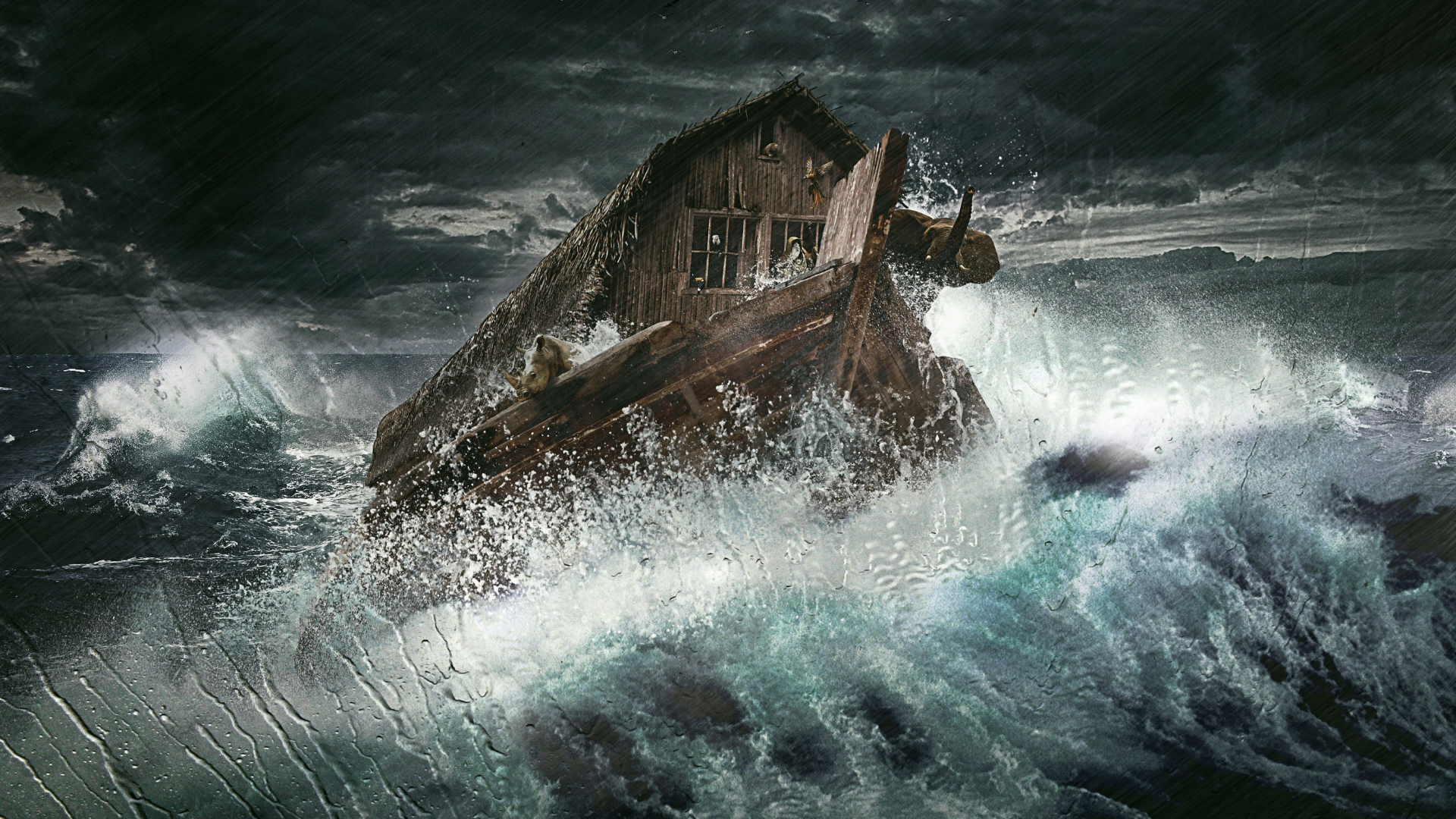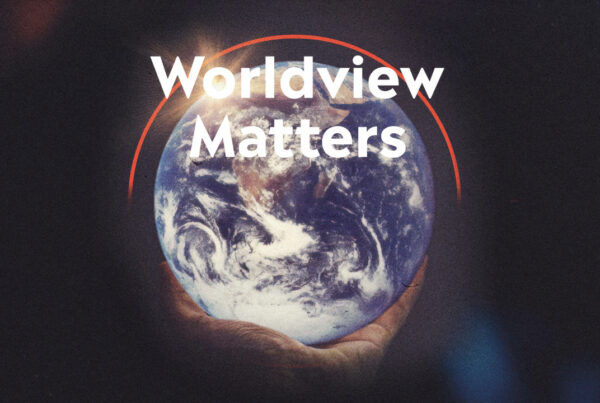Question submitted by Jonathan: How can I believe that the biblical flood story is historically accurate, when the Epic of Gilgamesh took place before it?
Thanks for your question. One interesting thing is that there are flood stories in numerous ancient cultures, and it is widely accepted by scholars that this is evidence of a significant ancient flood that served as the basis for these stories arising. If there was a major flood that destroyed a large portion of humanity, it would not be surprising that stories of this massive and destructive flood would be found in so many cultures in the world as humanity dispersed after this disaster. Even though there are differences in the various flood accounts, the pervasiveness of flood stories in so many cultures lends historical credibility to a significant flood of some kind.
Besides the pervasiveness of flood stories, their many points of similarity also make it likely that there is a historical basis behind the stories. For example, both the biblical flood account and the Epic of Gilgamesh that you mentioned (a Babylonian work) agree on these points: a divine judgment came upon humanity; a man was chosen to build a large boat to survive a flood that was brought on the earth; the boat is built to certain dimensions (though not the same dimensions); all kinds of animals were brought onto the boat to keep them alive; birds were released to check on whether the water had receded; the ark came to rest on a mountain, and sacrifices were then offered. There are many very important differences between the two accounts as well, but these are key points of similarity. When one compares the numerous flood stories that developed, many common themes such as these appear.
Now your concern about the historicity of the biblical flood has to do with the Epic of Gilgamesh being dated earlier than the writing of the book of Genesis. Interestingly, it is widely thought by scholars that the flood story in the Epic of Gilgamesh was not in early versions of the epic but was added by a later editor (and that the Gilgamesh flood story drew upon the flood account in the Epic of Atrahasis—an Akkadian epic). But, regardless of when the flood story appeared in the Epic of Gilgamesh, I would suggest to you that the presence of flood stories that were written down prior to the Genesis account being written down (and the fact that these stories share some similarities) does not entail that the biblical flood account is not historically accurate. First of all, as I alluded to above, the pervasiveness of the flood stories (along with many similar themes) in so many parts of the world make many scholars think that there had to be some kind of major flood in the ancient world (perhaps around 5,000 years ago) in order to explain this. So this actually helps us to establish the plausibility of one key aspect of the biblical flood story: namely, that there was a flood at all.
But even if the presence of the other ancient flood stories makes it likely that some kind of major flood is historical, what if the biblical account is merely a largely fictional retelling (with some different details) of flood stories that were written down earlier? What if the biblical account does not really describe what happened in the ancient flood that underlies all of these stories? In response to this concern, I would just say that we have no firm basis for saying that the biblical account of the flood is less accurate than the Epic of Gilgamesh or other ancient versions of the flood. There was surely oral preservation of the account in many different cultures that predates any written account of it that we have, and it is far from clear that the written account in Genesis has gone astray and some other account is more representative of the actual flood. In fact, when you compare the biblical account to the one in the Epic of Gilgamesh that you mentioned, the biblical account has elements that make it far more plausible. For example, the boat built in the Gilgamesh epic had dimensions that would surely not be workable for its purpose. It is described as being a cube-shaped vessel (120 cubits x 120 cubits x 120 cubits). This shape would have made it highly susceptible to rolling over, tumbling in the water, and injuring or killing the animals and people in it. By contrast, the boat that Genesis describes is made according to seaworthy proportions (far longer than it is wide). Such a boat could certainly stay upright in rough waters, and it is similar in its proportions to modern-day vessels of its size. In addition, the flood in the Bible lasted much longer, making it more plausible that it could cause the level of destruction required (40 days in the Bible versus 6 days in the Gilgamesh epic).
Overall, the biblical account is simpler and more plausible than the one in the Gilgamesh epic. When assessing which of these accounts is more likely to describe what actually could have happened in the historical flood that these stories are based upon, the biblical account seems to come out ahead.
–Dr. Zach Breitenbach, Director of the Worldview Center at Connection Pointe in Brownsburg, IN and the former Associate Director of Room For Doubt.





